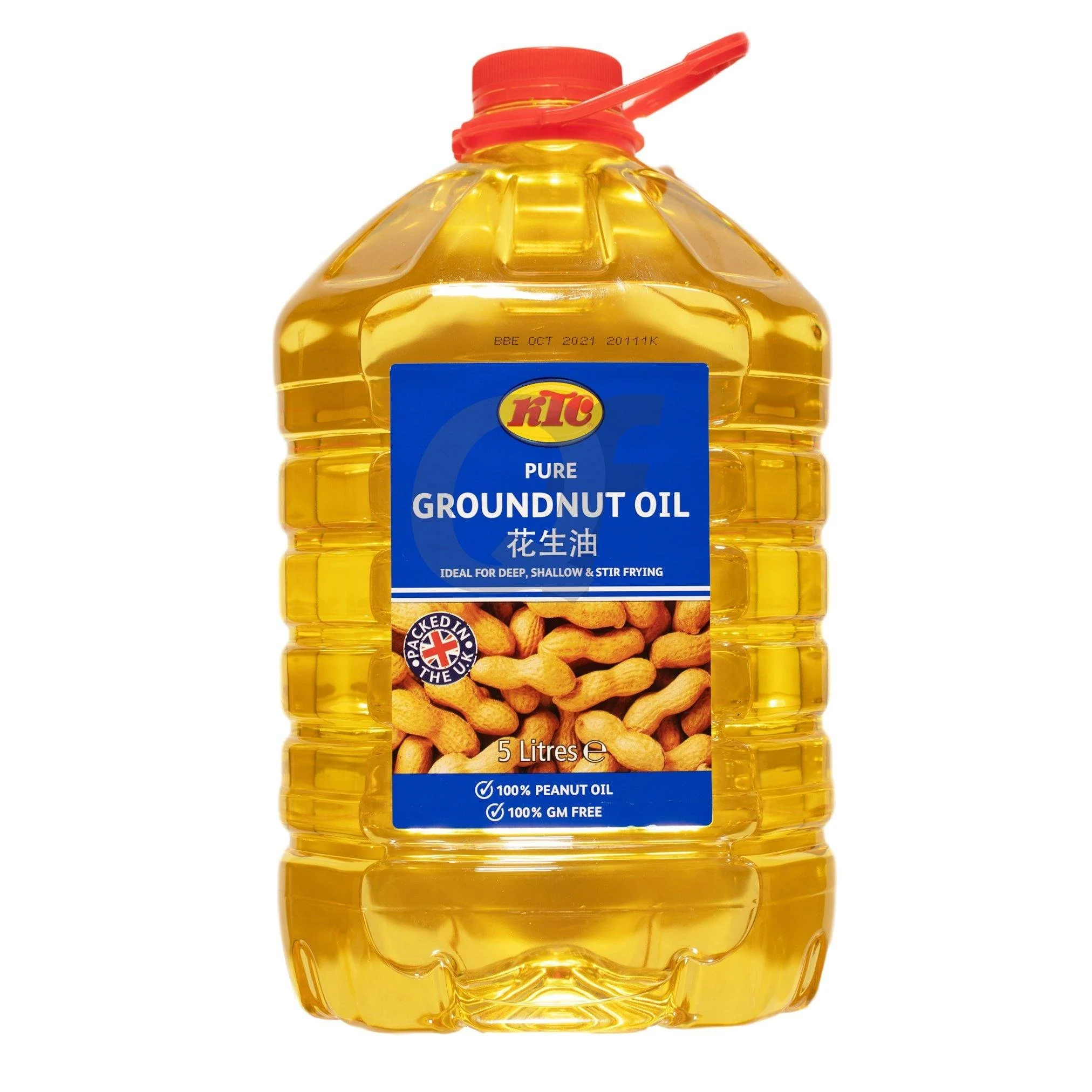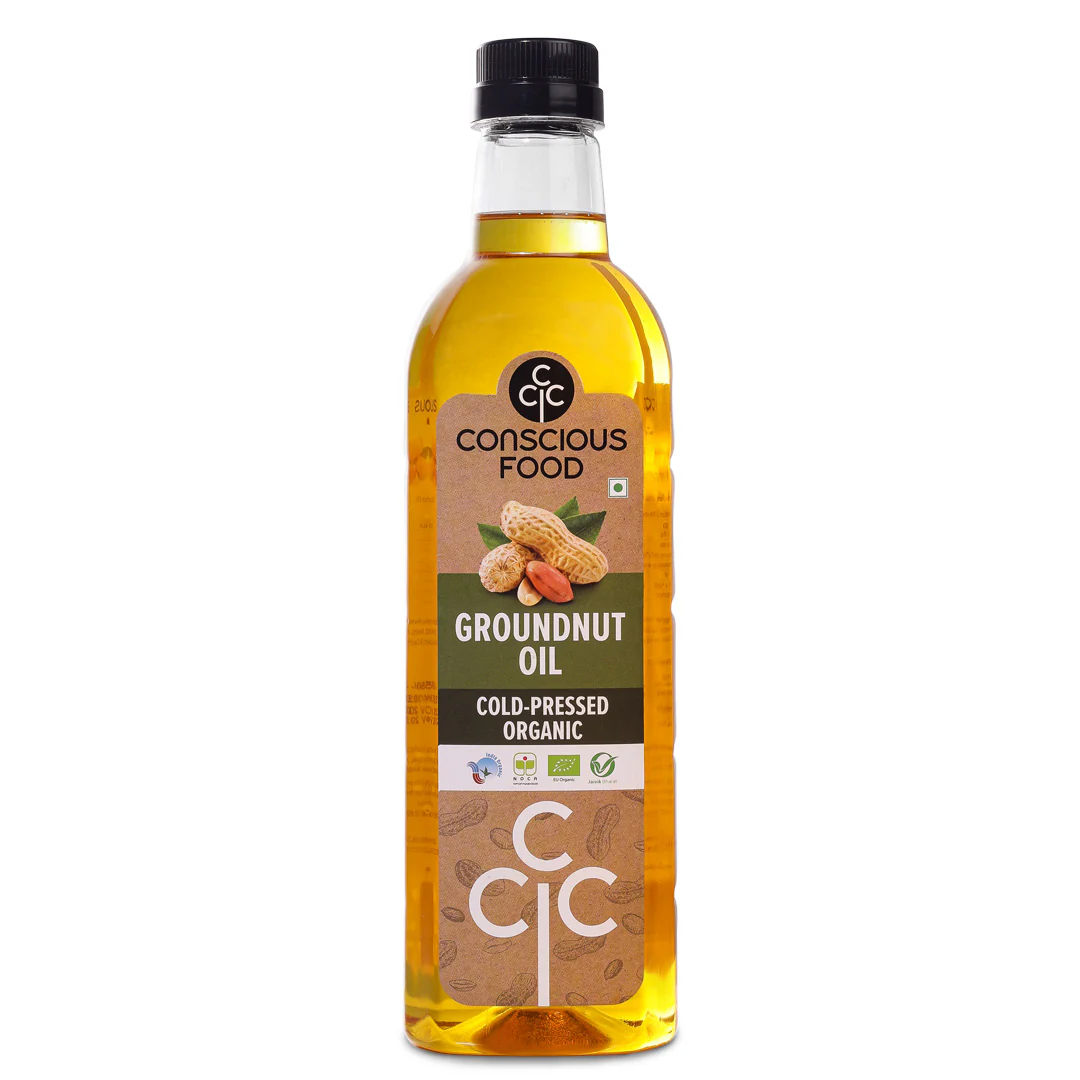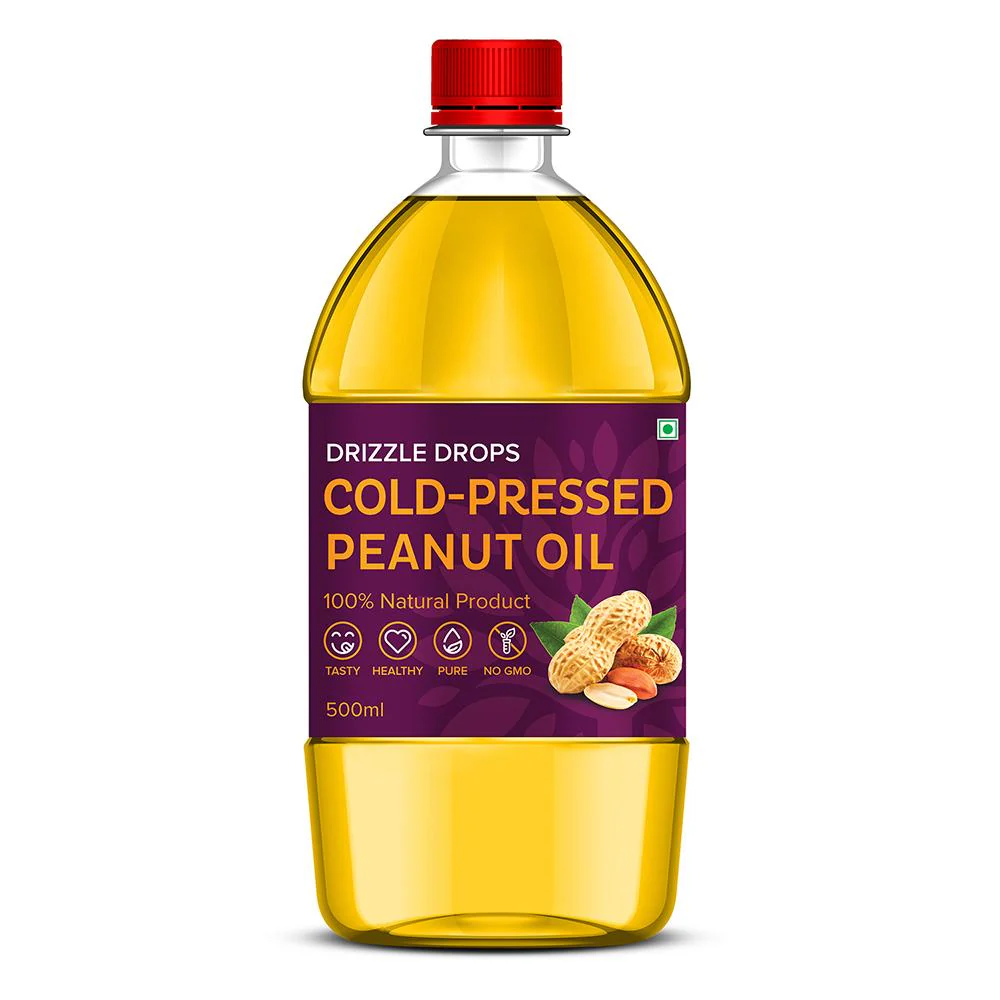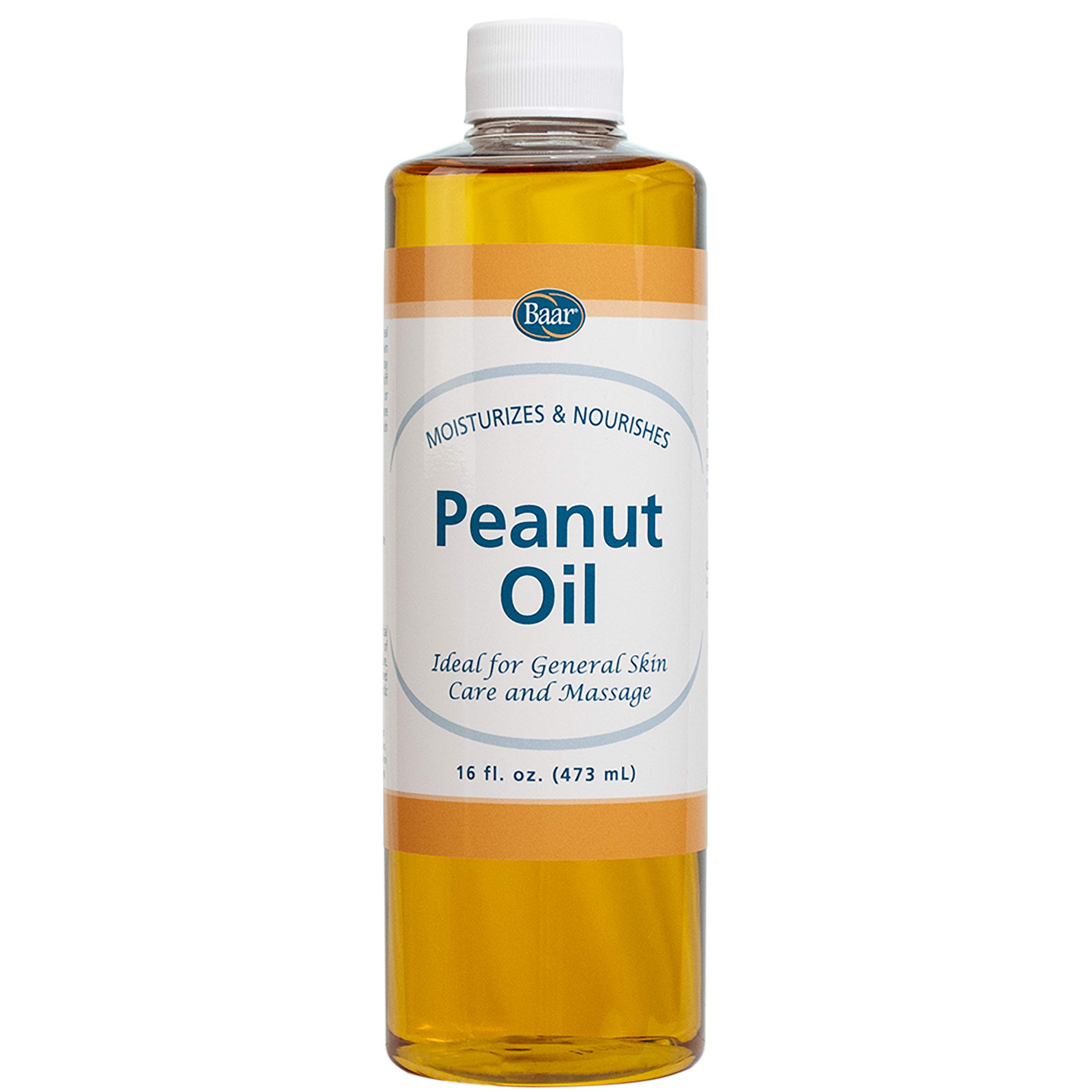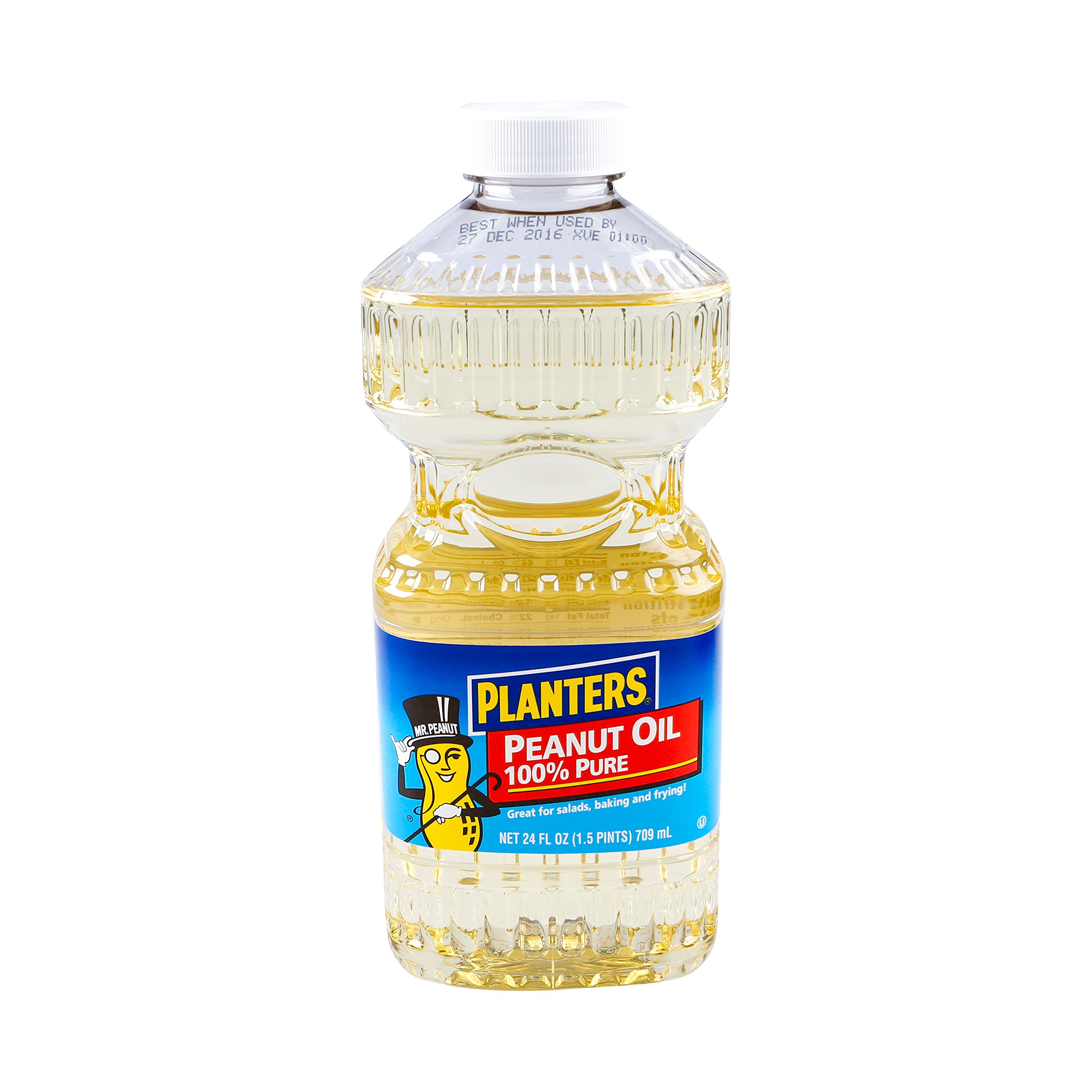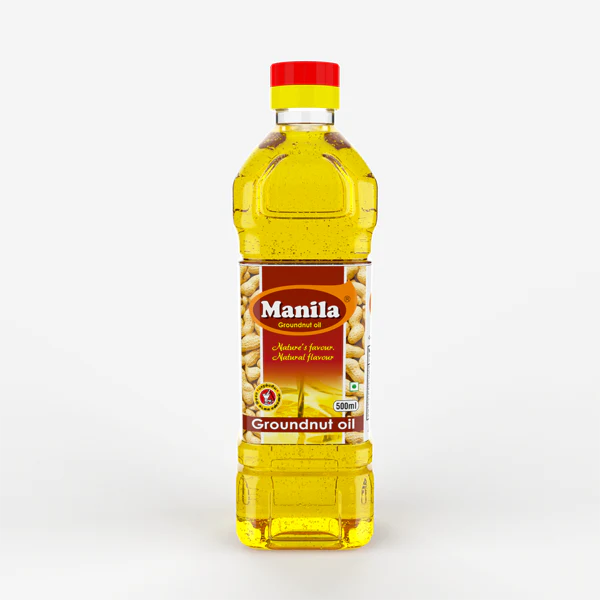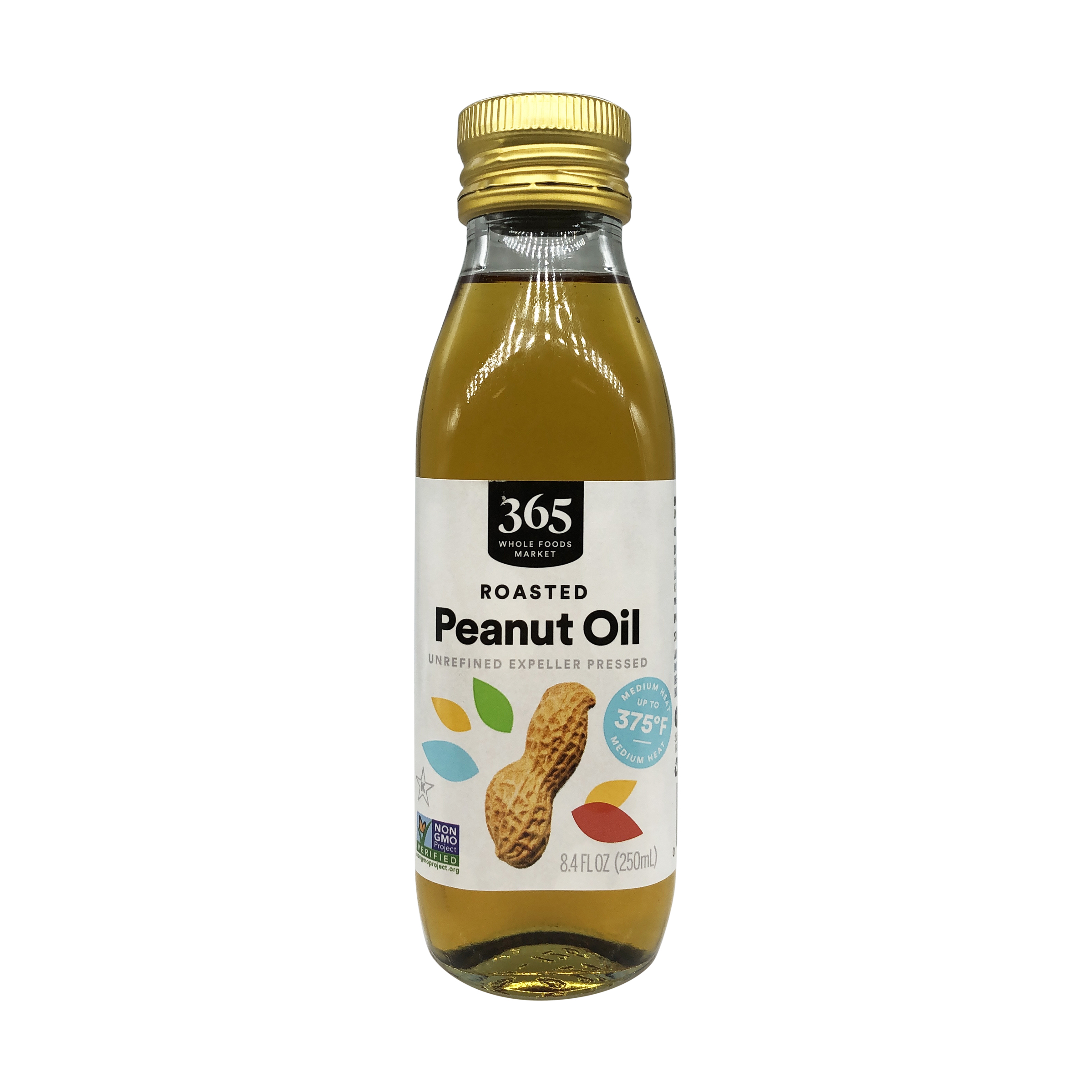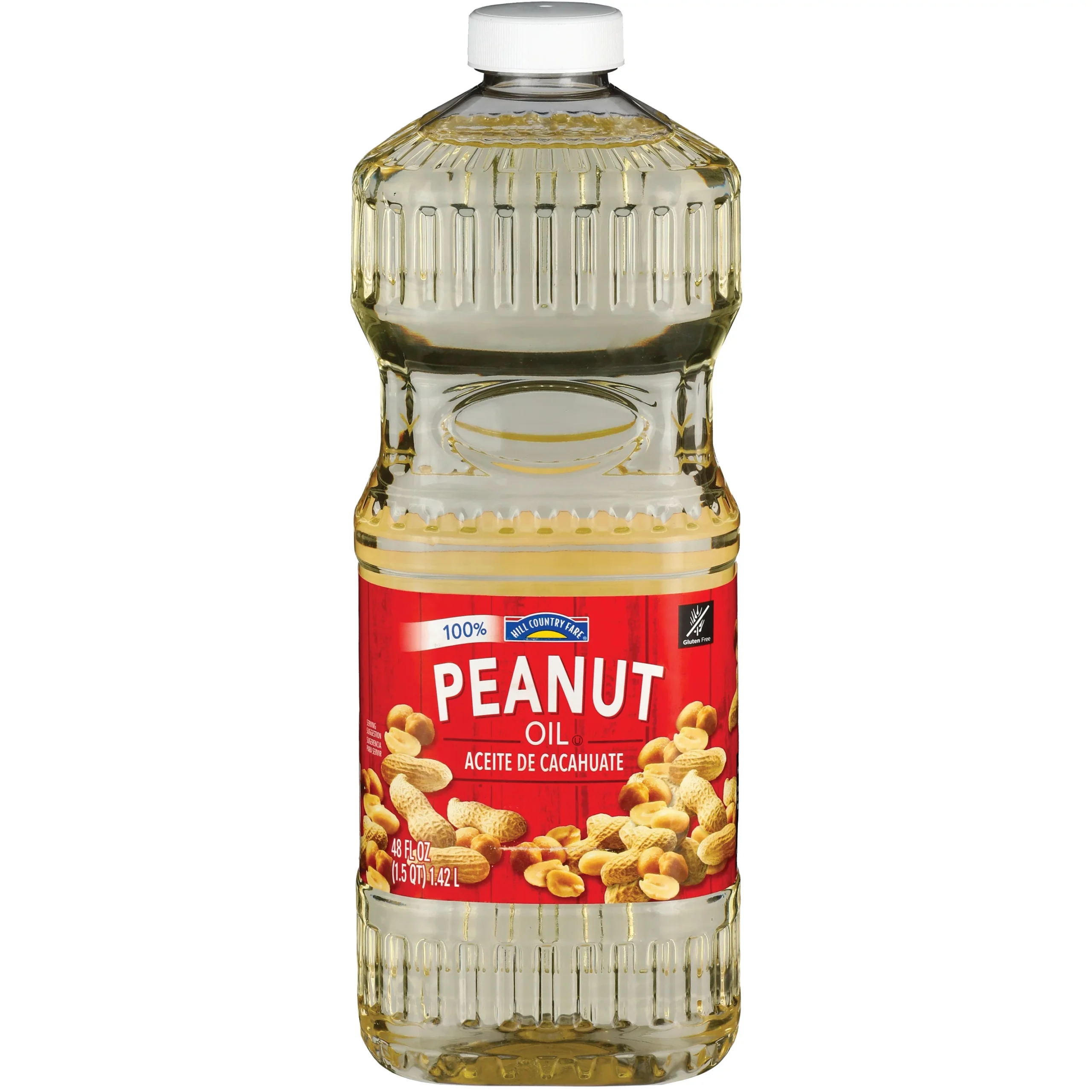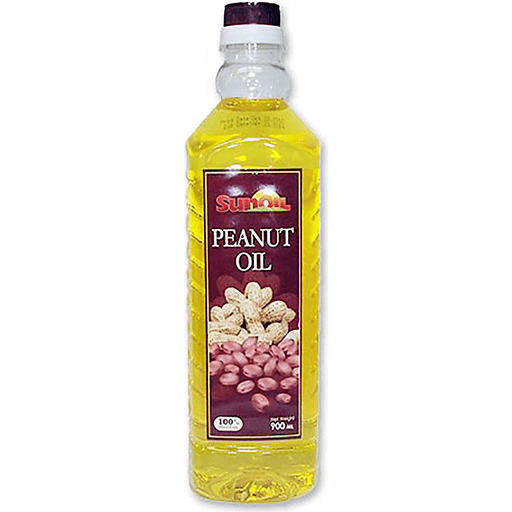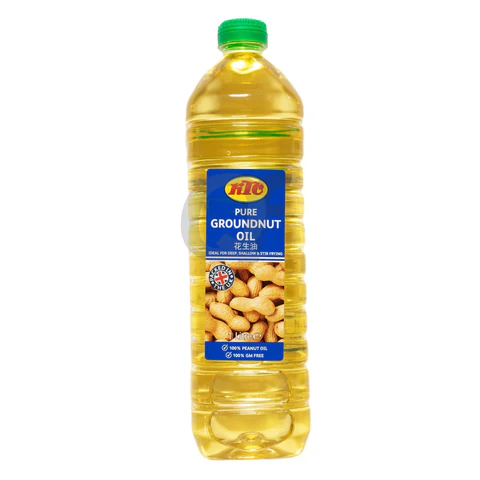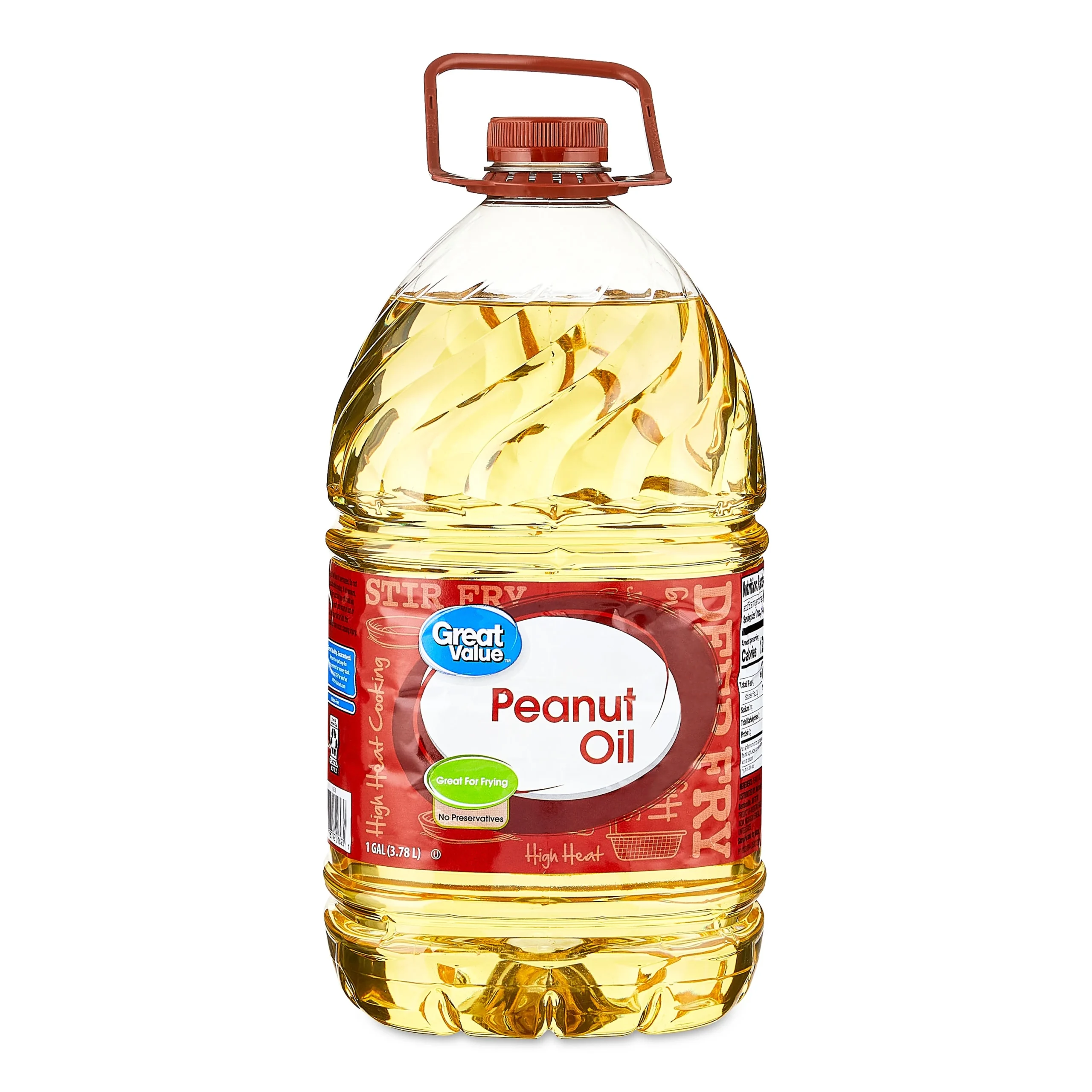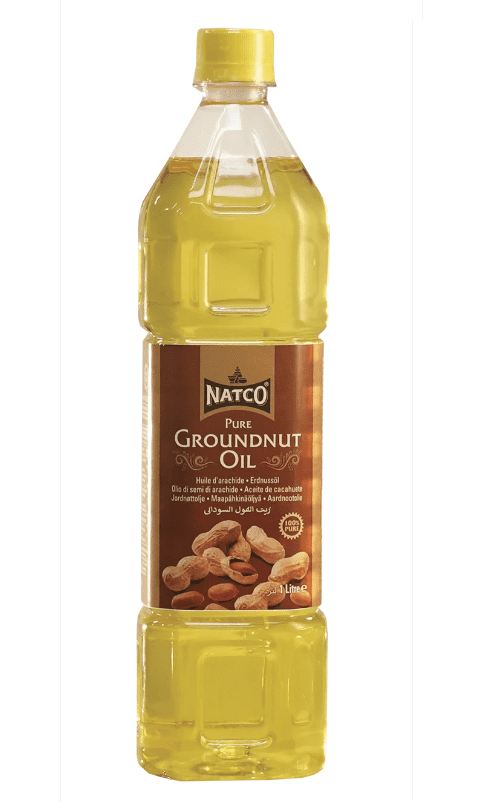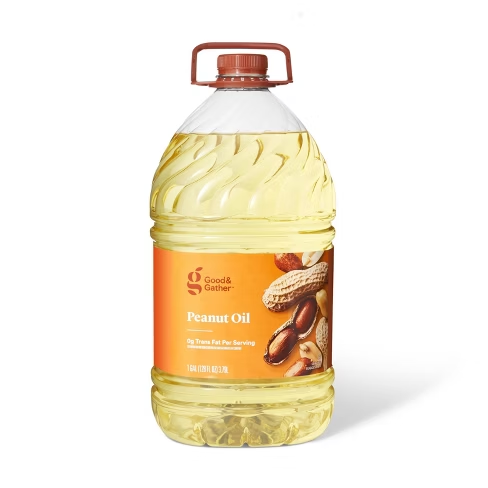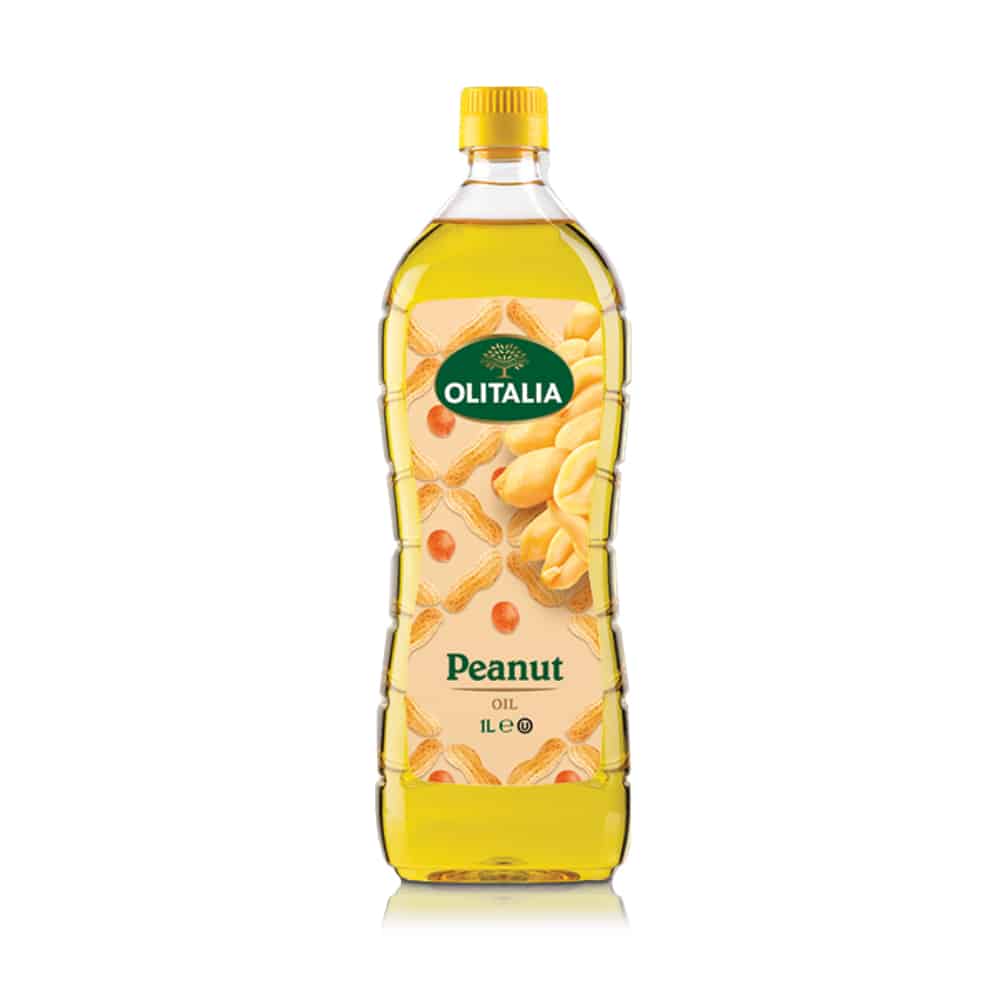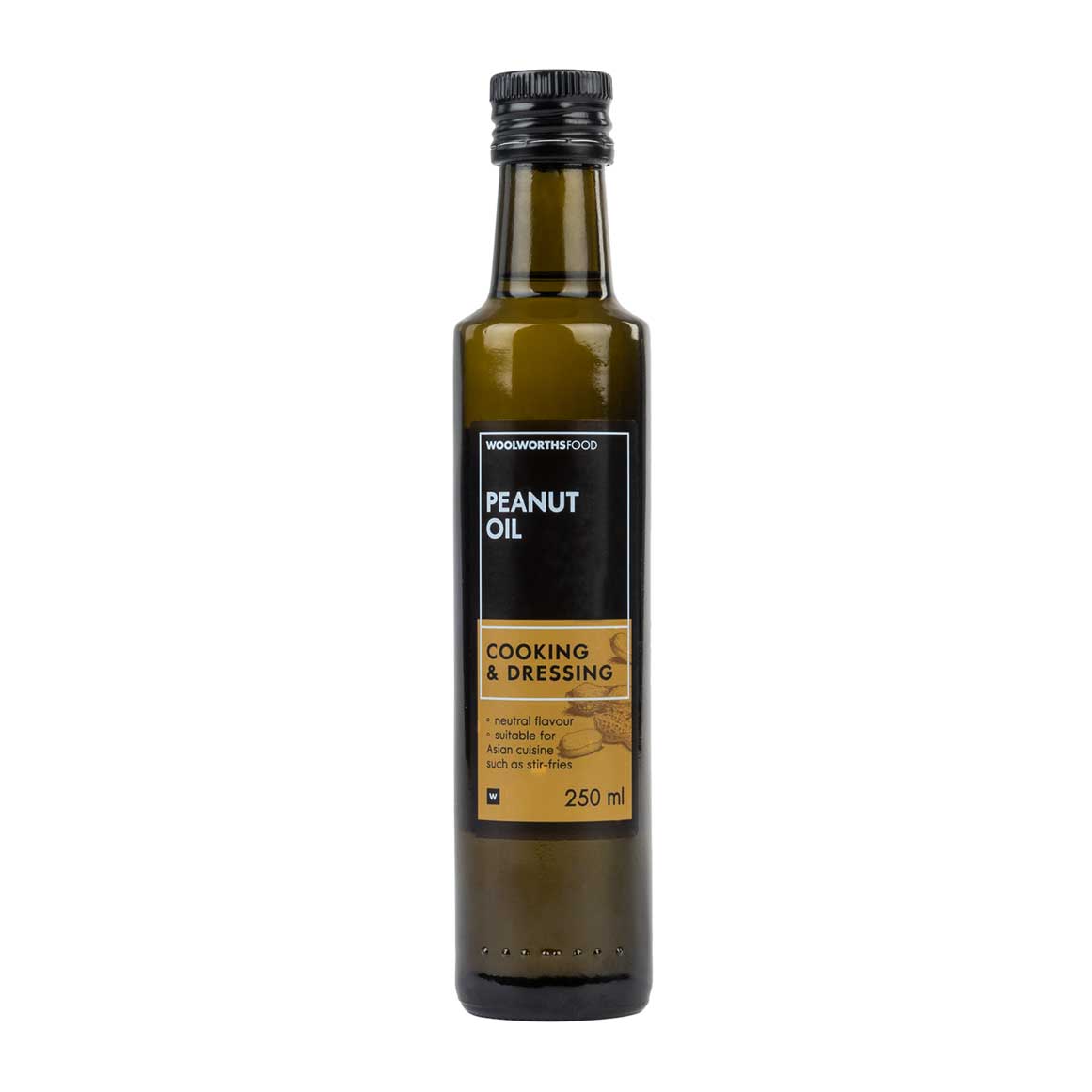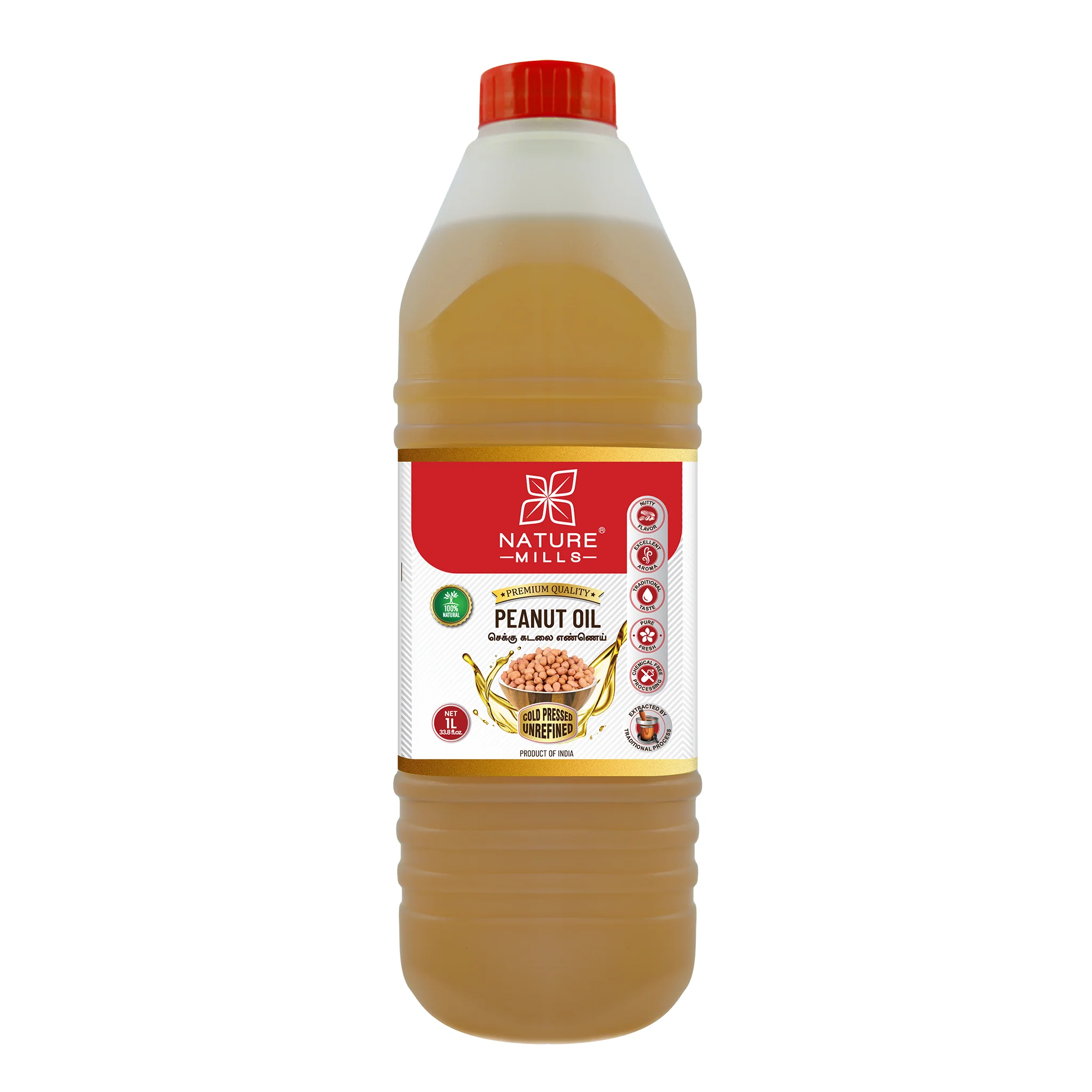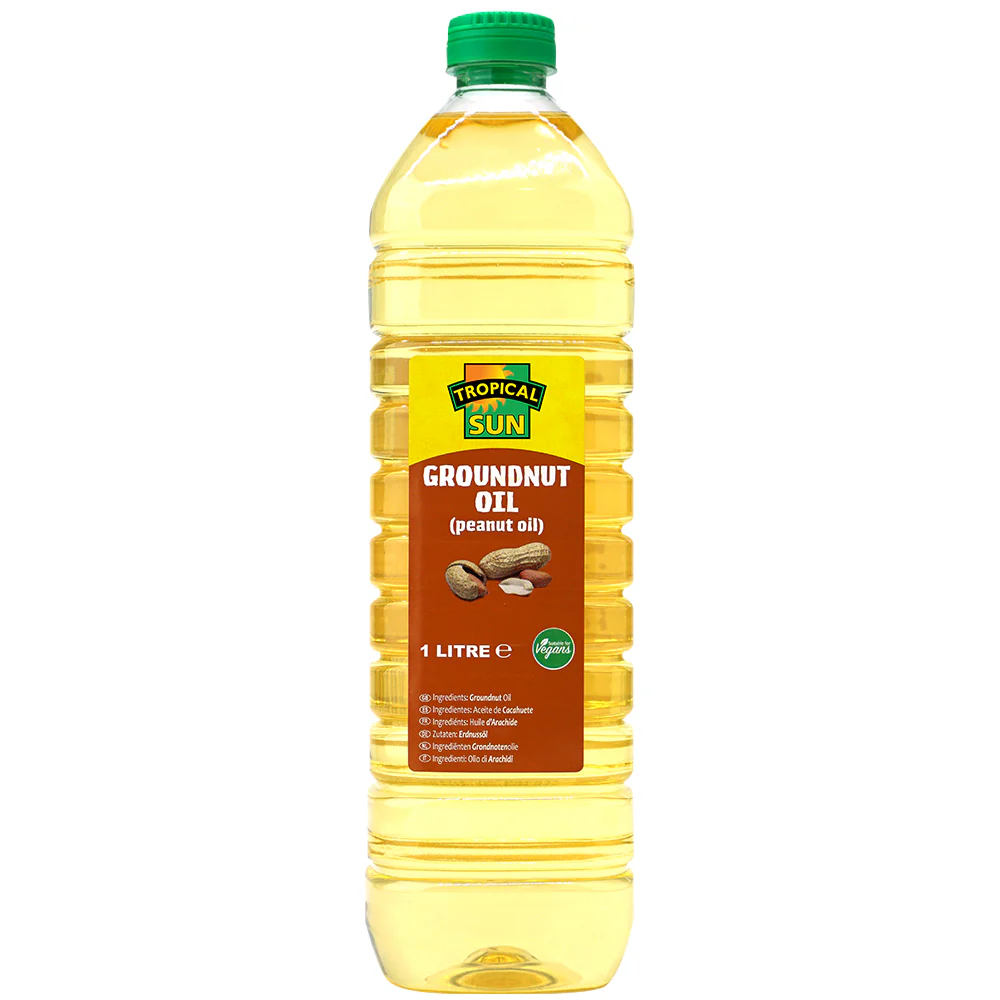Description
Peanut oil, known for its light flavor and high smoke point, has become a popular choice in cooking and frying across various cuisines, particularly in Asian and Southern cooking. Extracted from peanuts, this oil is rich in monounsaturated fats, which are often considered heart-healthy. Its mild taste allows it to enhance the natural flavors of food without overwhelming them, making it ideal for stir-frying, sautéing, and even baking. Additionally, peanut oil has a unique ability to withstand high temperatures, making it an excellent option for deep-frying applications, where it can create crispy textures without burning.
Beyond its culinary applications, peanut oil is also valued for its nutritional properties. It contains vitamin E, an antioxidant that supports skin health and helps combat oxidative stress in the body. The presence of phytosterols in peanut oil may also play a role in cholesterol management, making it a favorable choice for those looking to maintain cardiovascular health. Furthermore, its versatility extends to non-food uses, including its application in cosmetic products where it serves as a moisturizing agent.
However, as with any cooking oil, moderation is key. While peanut oil can be part of a healthy diet, excessive consumption of any fat can lead to health issues. Additionally, individuals with peanut allergies should avoid peanut oil, particularly the unrefined variant, as it may contain allergens. Overall, peanut oil remains a staple in many kitchens for its unique flavor, cooking properties, and beneficial nutrients, providing both taste and health benefits when used appropriately.
